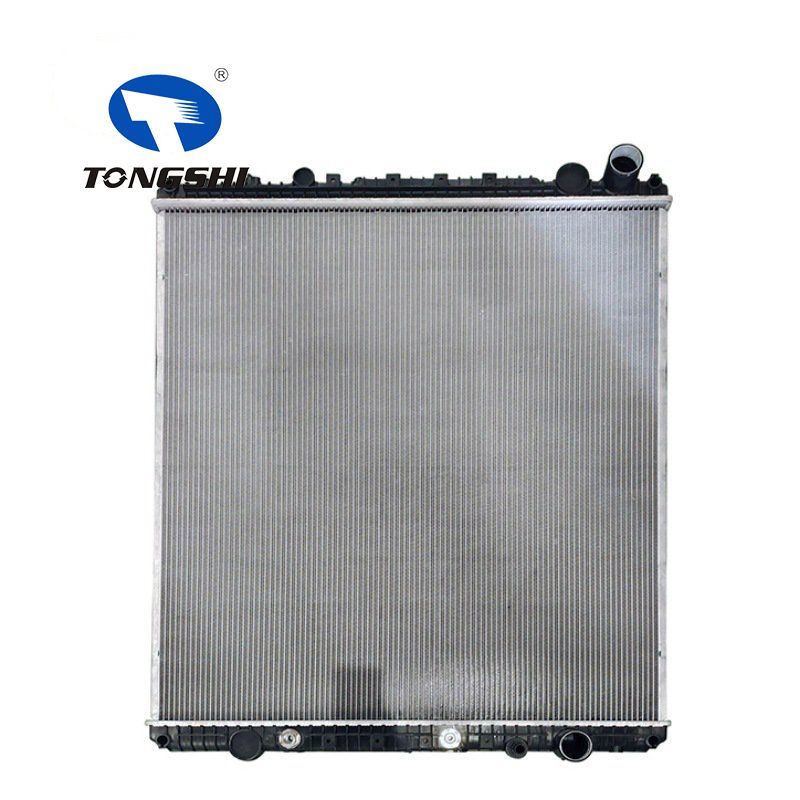A cracked radiator in your car can lead to coolant leaks and potentially cause overheating or engine damage. Several factors can contribute to a cracked radiator:
Age and Wear: Radiators, like any other automotive component, can deteriorate with age and wear. Over time, the radiator's metal or plastic components may weaken, making them more susceptible to cracking.
Corrosion: Corrosion is a common cause of car radiator cracks, particularly in older vehicles. Over time, the metal components of the radiator can corrode due to exposure to air and the coolant mixture. This corrosion weakens the radiator, making it prone to cracking.
Impact or Physical Damage: Accidents or collisions, as well as road debris, can lead to physical damage to the radiator. Even minor impacts can cause cracks in the radiator's structure. Inspecting your radiator after an accident is crucial to identify and address any damage.
Freezing Temperatures: If you live in an area with cold winters and you do not have the appropriate antifreeze or coolant mixture in your radiator, the coolant can freeze. When coolant freezes, it expands and can exert significant pressure on the radiator walls, leading to cracks or even bursting.
Overheating: Repeated overheating of the engine can stress the radiator, potentially causing cracks. Overheating can occur due to various factors, such as a malfunctioning thermostat, cooling fan issues, or a lack of coolant.
Excessive Pressure: The cooling system is designed to operate within a specific pressure range. If the pressure in the cooling system becomes too high due to a malfunctioning radiator cap or a blocked hose, it can lead to radiator damage, including cracking.

Low Coolant Levels: Running your vehicle with insufficient coolant levels can lead to overheating. When the engine overheats, the cooling system may become pressurized, causing stress on the radiator, which can result in cracks.
Low-Quality Parts: In some cases, radiators made with subpar materials or poor craftsmanship can be more prone to cracking. It's essential to use high-quality replacement parts when servicing your vehicle's cooling system.
Chemical Damage: The use of incompatible or incorrect coolant types can lead to chemical reactions that corrode or weaken the radiator's components, potentially causing cracks over time.
Vibration and Stress: Vibrations from rough roads or engine vibrations can contribute to the weakening of radiator components over time, making them more susceptible to cracking.
Manufacturing Defects: In rare cases, manufacturing defects in the radiator's construction or materials can lead to cracks appearing early in the radiator's life.
Regular maintenance and inspections of your vehicle's cooling system can help identify issues before they escalate. If you notice signs of a cracked radiator, such as coolant leaks, overheating, or low coolant levels, it's crucial to address the problem promptly to prevent further damage to your engine and cooling system. Repairs may involve radiator patching, soldering, or, in severe cases, radiator replacement. Consulting with a qualified mechanic is advisable for an accurate diagnosis and appropriate repairs.
Previous: How Do I Properly Break In New Brake Pads?
Next: What is the importance and maintenance of brake lining in vehicle safety?
Copyright:@2020-2021
Comments Please sign in or sign up to post.
0
0 of 500 characters used